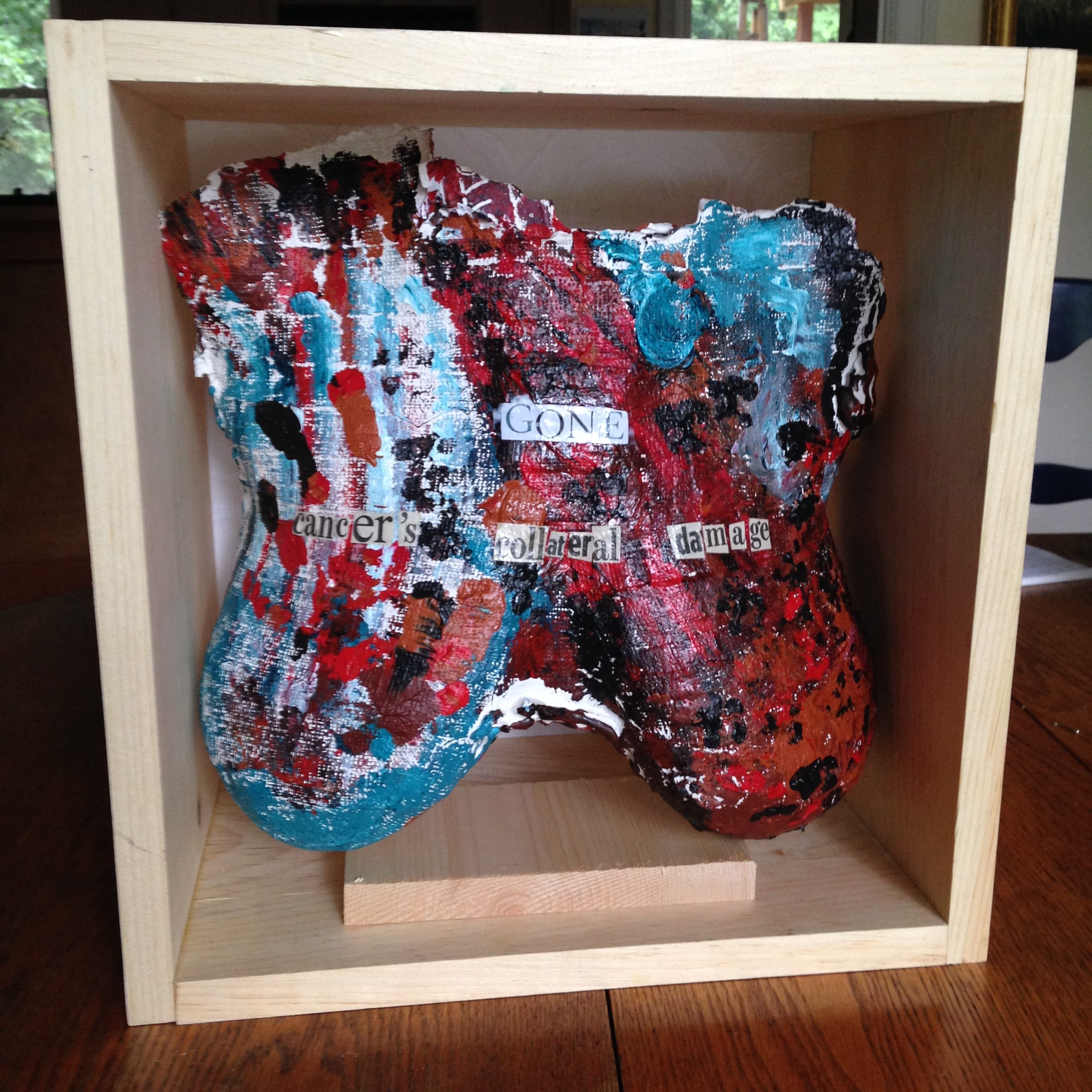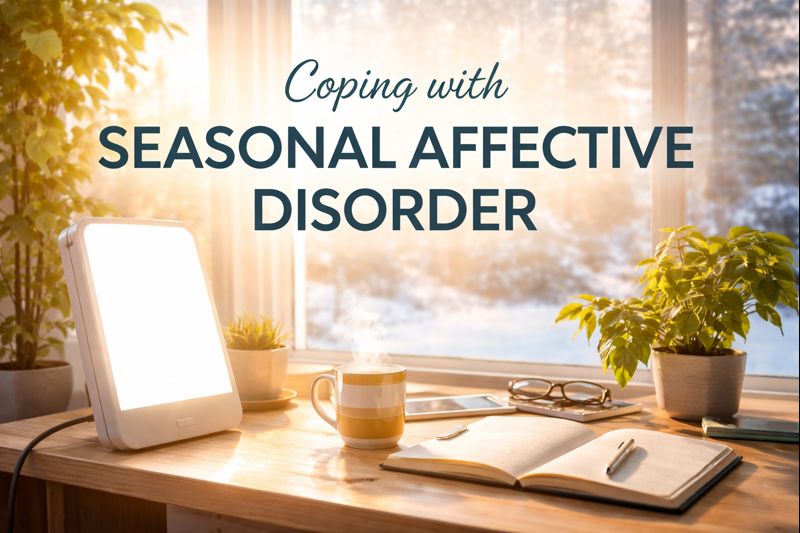If you have been or have known someone who has been diagnosed with cancer, you are likely aware that it is not simply a medical problem. Being diagnosed with cancer is a life-altering event for the individual and their loved ones.
As an art therapist, breast cancer survivor, and former caregiver for my mom who died of metastatic breast cancer, I have seen the deep emotional scars that can linger from being diagnosed and treated for cancer. Emotional recovery involves processing what has happened, coping with an uncertain future, and reckoning with the loss of control.
It is not a symbol of weakness, a defect of character, or evidence that you are not “positive” enough if you struggle with the emotional impact of cancer. Rather, it is a symptom of how the medical system fails to address this issue AND the inevitable PTSD which comes from confronting the four universal fears: of dying, of being alone, of losing freedom, that life will lose its meaning.
Briefly, PTSD is the natural reaction to when you have faced a life-threatening situation and felt, to some degree, helpless to control or stop what is happening. PTSD often causes you to compartmentalize parts of your experience so that your nervous system can function without completely shutting down.
How long and how intense the emotional impact of cancer persists has a lot to do with your temperament and personality, the quality of your support system, your personal history, how effective the treatment has been in addressing your cancer, and most importantly, whether or not you have directly addressed the emotional impact of cancer.
As a cancer survivor, I recognize that being in treatment becomes a full-time job. Thus anything that I did to heal had to be effective, practical, and respectful of the deep fatigue and tremendous need to move from surviving to thriving.
As a caregiver, I saw the fear and anxiety my mom had because of cancer- something that was out of character for her. I saw how this persisted long after her first round of treatment, like a shadow that at times tormented her.
As an art therapist, I knew that unpacking the emotional impact of cancer is a complex, multifaceted process that would need tools and protocols that would meet you where you were at and be effective in walking you through the PTSD off-gassing process. Tools that:
- you could depend upon at any time of day
- would allow for expressing, soothing, and processing what you had been through so that you could reclaim yourself bit by bit
- would look at how cancer has impacted your body, mind, spirit, and self
- Would provide a way to manage uncertainty
- AND tools to give you direction as you are coming to terms with what you can and cannot control so that you can regain your confidence once again
I recognized that my personal and professional experience had landed me in a place of unique opportunity to understand the emotional needs and desires of my cancer community.
In addition to blog writing, workshops, and individual/group work, I developed an art therapy protocol that I teach to clients, a protocol that they could use over and over again. A protocol that:
- encouraged self-awareness
- taught how to break down the experience into manageable bites for processing
- encouraged acceptance of the full range of thoughts and experiences while offering space to voice hope, inspiration, and desire for healing
- a tool that can serve as the foundation for life-long resilience
My services and expertise complement the work providers and clients are actively doing together. When a client has an established therapist, my services are adjunct to support the work the client is already engaged in. All of my offerings are available in person and virtually, allowing my work to be of service beyond my local community.
Written By Stephanie McLeod-Estevez





0 Comments